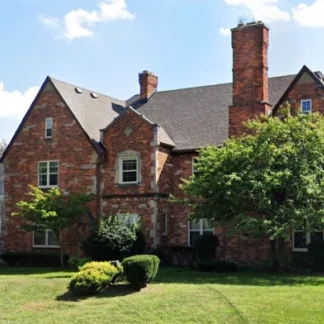Gateway Counseling Center
Gateway Counseling Center is an outpatient rehab located in Madison Heights, MI....
Self-Help Addiction Rehab - Chicago Road offers outpatient and inpatient services for individuals with substance addiction and/or mental health disorders. The program includes individual counselling, family support, group therapy, detox services and more. Self-Help Addiction Rehab - Chicago Road is located at Warren, Michigan.
Contact us for more information: (586) 983-2670

Connect with Self - Help Addiction Rehab by calling their admissions team directly.
(586) 983-2670 Website Get DirectionsThe Commission on Accreditation of Rehabilitation Facilities (CARF) is a non-profit organization that specifically accredits rehab organizations. Founded in 1966, CARF's, mission is to help service providers like rehab facilities maintain high standards of care.
CARF Accreditation: Yes
Group therapy is any therapeutic work that happens in a group (not one-on-one). There are a number of different group therapy modalities, including support groups, experiential therapy, psycho-education, and more. Group therapy involves treatment as well as processing interaction between group members.
In individual therapy, a patient meets one-on-one with a trained psychologist or counselor. Therapy is a pivotal part of effective substance abuse treatment, as it often covers root causes of addiction, including challenges faced by the patient in their social, family, and work/school life.
In individual therapy, a patient meets one-on-one with a trained psychologist or counselor. Therapy is a pivotal part of effective substance abuse treatment, as it often covers root causes of addiction, including challenges faced by the patient in their social, family, and work/school life.
Gateway Counseling Center is an outpatient rehab located in Madison Heights, MI....
Sacred Heart Rehabilitation is a private rehab located in Warren, Michigan. Sacr...
Macomb County Mental Health is a public rehab located in Sterling Heights, Michi...
Pioneer Counseling Center is a private rehab located in Sterling Heights, Michig...